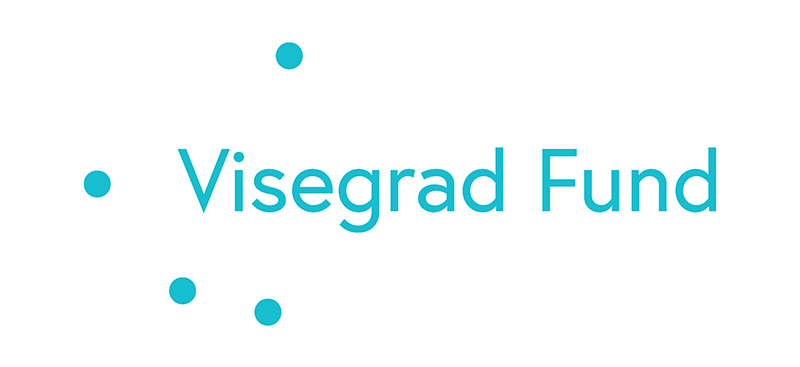The aim of the project “Connecting networks of women in foreign, European and security policy, across the V4 states” is to strengthen the position of women from the Czech Republic, Slovakia, Poland, and Hungary in the foreign policy sectors, by creating an international network of contacts, exchanging know-how and inspiration from individual countries or by raising awareness of this issue.
During the first part of the project, we organized meetings of female experts from all four countries in Prague and Warsaw. The meetings were organized in the form of three-day workshops, during which the women were not only able to exchange and discuss their professional experiences, but also had the opportunity to meet politicians, representatives of government institutions, and other relevant organizations. These workshops provided a vital platform for women in foreign, European, and security policy to network, share professional experiences, and engage with influential policymakers.

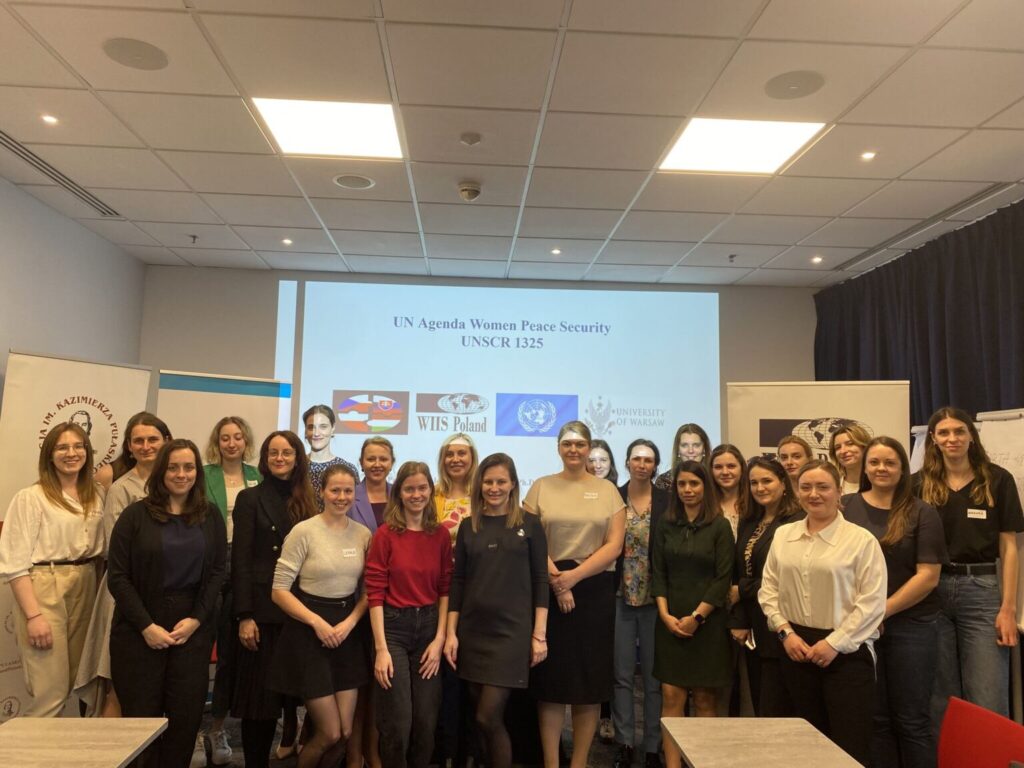
That is why we are excited to announce the second phase of our project, Connecting Networks of Women in Foreign, European, and Security Policy across the V4 Countries – part 2, following the successful completion of the first part. This next stage of the project will deepen the connections between female experts in the V4 countries by continuing our collaborative efforts to foster gender diversity and cooperation in foreign policy sectors.
In this phase, we will extend the work initiated during the first part of the project, where we held two successful workshops in Prague and Warsaw. The second phase of the project will focus on organizing two more workshops, which will take place in Bratislava and Budapest, and will culminate in a final international conference in Prague.
In addition to connecting female experts, this phase will address the broader issue of gender representation in foreign policy. Working with partners like the Embassies of the Netherlands, we aim to raise awareness of the benefits of feminist foreign policy and push for reforms to ensure gender-balanced representation. Our goal is to inspire women in the field and influence more inclusive policy-making in the V4 region and beyond.
Achieving Gender Parity in Diplomacy through Inclusive Education
From November 4 to November 6, SFPA hosted a three-day workshop in Bratislava on Achieving Gender Parity in Diplomacy through Inclusive Education. Bringing together 32 female experts from the V4 countries, this workshop tackled the barriers women face in pursuing diplomatic careers—and highlighted the role of inclusive education in breaking down these barriers. As part of the second phase of the Connecting Networks of Women in Foreign, European, and Security Policy project, our goal was to explore ways to help create supportive environments that empower more women to thrive not only in international relations but also in other fields and in their personal lives.
- The workshop began with a warm welcome and networking session to bring participants together. Our colleague Ivana Uličná then shared insights from SFPA’s experience in promoting gender equality in diplomacy, including projects like implementing gender-inclusive educational modules at universities and collaborating with the Ministry of Foreign Affairs on increasing the visibility of women in diplomatic roles. This session sparked dynamic discussions about how are these practices applied across V4 countries.
- On the second day, Professor Julie Felker from the University of Michigan led an empowering session on values-driven leadership. Julie addressed career obstacles that women commonly face and shared practical ways to build resilience, rise into leadership roles, and shape the future confidently. In the afternoon, our colleague Miroslava Pisklová facilitated a discussion with H.E. Lorea Arribalzaga Ceballos on Spain’s feminist foreign policy, focusing on diversity and inclusion. We closed the day with a guided tour through Bratislava’s women’s history, honoring local women who made lasting cultural contributions.
- The final day started with a session led by Olívia Hurbanová from Highbrows on Critical Thinking and Overcoming Unconscious Gender Bias. Using neuroscience as a foundation, Olívia helped participants understand how biases form in the brain and how these influence inclusivity in diplomatic settings. The session provided valuable tools to recognize and reduce these biases, creating a pathway to a more inclusive and supportive environment in the field.

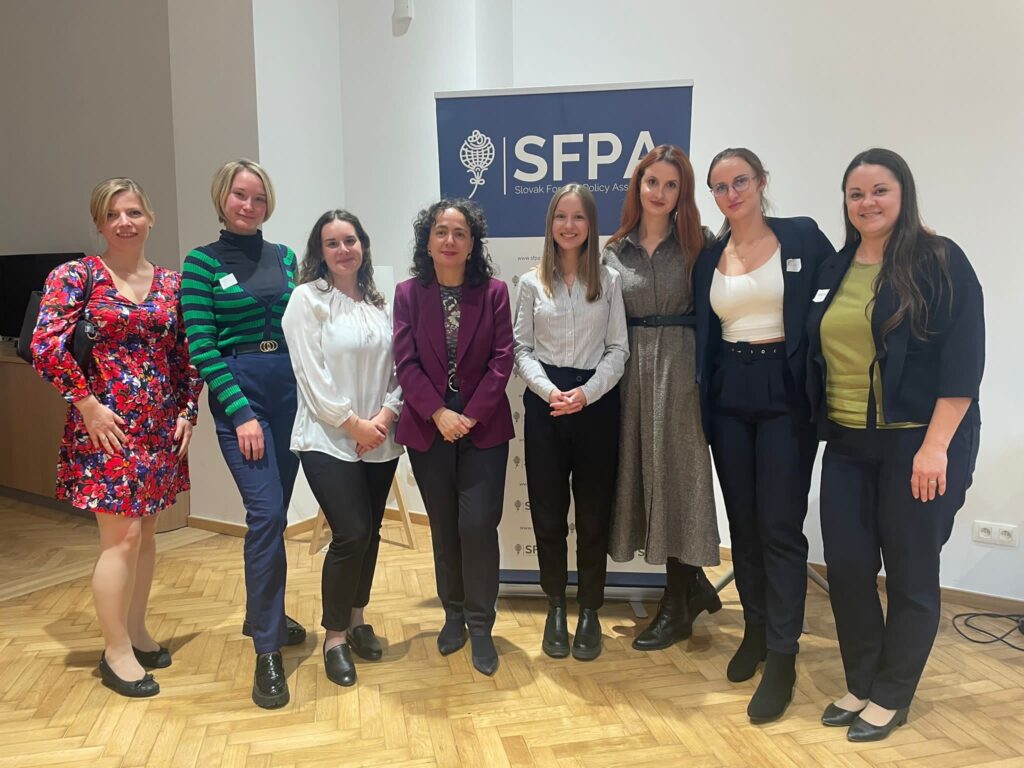




The project is organized by AMO in cooperation with organizations from other V4 countries: Casimir Pulaski Foundation (Poland), Equilibrium Institute (Hungary) and the Research Centre of the Slovak Foreign Policy Association (SFPA, Slovakia).
Partners
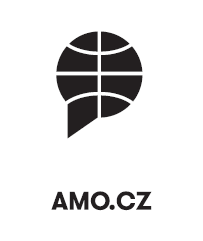
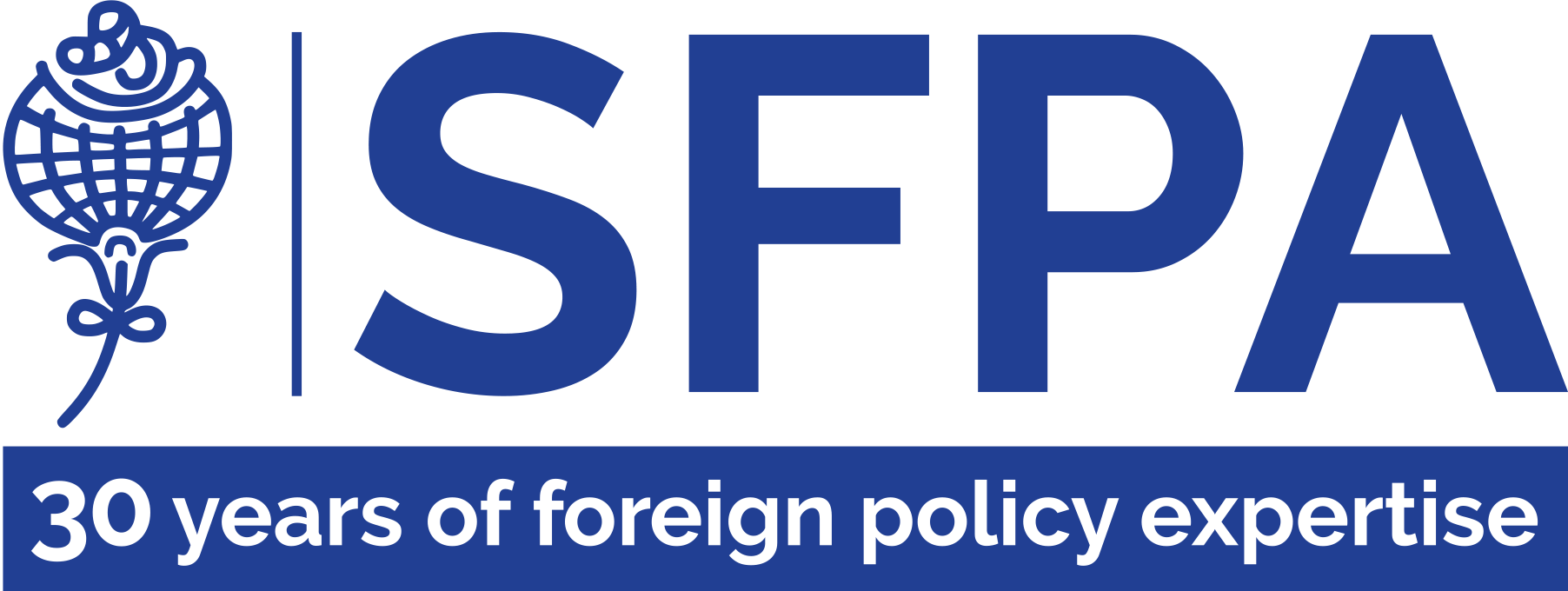
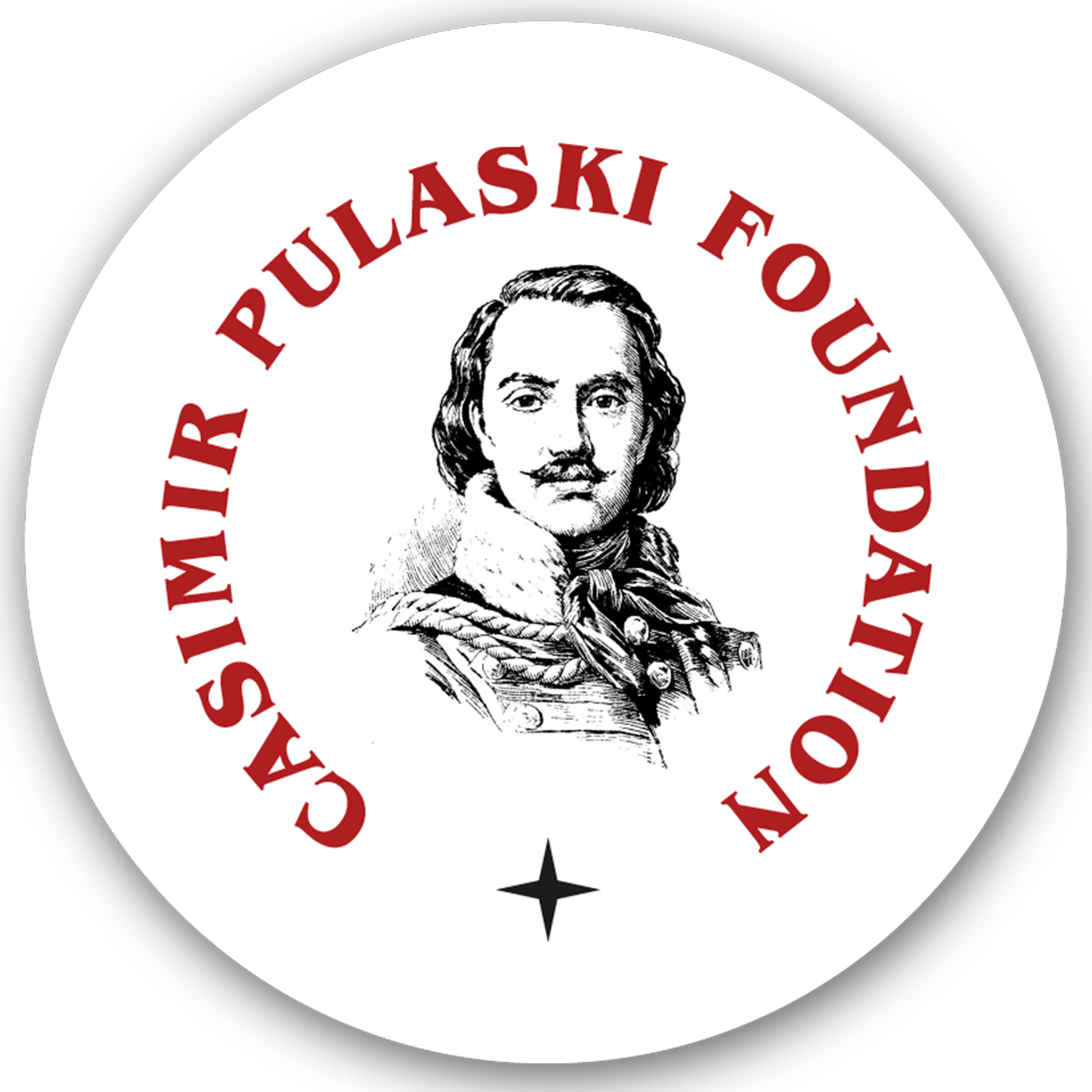

The project is co-financed by the Governments of the Czechia, Hungary, Poland and Slovakia through Visegrad Grants from International Visegrad Fund. The mission of the fund is to advance ideas for sustainable regional cooperation in Central Europe.
